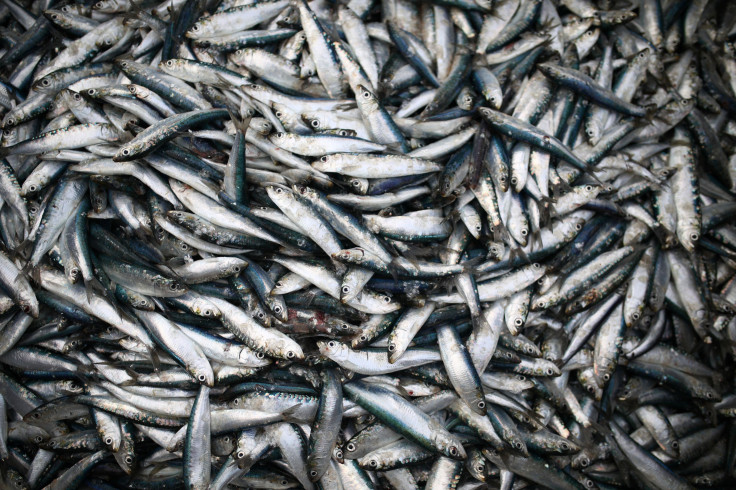Woman dies following 'life-threatening' outbreak of botulism in France
At least 12 people have also been hospitalised and are believed to have contracted botulism after eating sardines at the Tchin Tchin Wine Bar in Bordeaux.

A 32-year-old woman has died and at least twelve people have been hospitalised due to a suspected outbreak of botulism linked to sardines from a wine bar in France.
The poorly guests had previously dined at the popular Tchin Tchin wine bar between September 4th and September 10th in Bordeaux, which is currently playing host to the Rugby World Cup matches.
Yesterday, Santé Publique France, the French national health service, confirmed that at least ten cases of the botulism outbreak have been linked to the wine bar.
Several Brits are believed to be among those who have been infected by the rare but potentially deadly illness, whilst, according to the French media, the vast majority of those affected were American, Canadian or German tourists.
Additionally, the nationality of the 32-year-old woman who died from the botulism outbreak has yet to be revealed.
So what exactly is botulism, and why is it considered to be so deadly?
In short, botulism is a serious neurological illness primarily caused by consuming food that has not been preserved properly. Between five and 10 per cent of botulism cases are almost always fatal.
Despite being rare, it is an extremely life-threatening condition caused by toxins produced by Clostridium botulinum bacteria.
These toxins in question attack the nervous system, frequently the nerves, brain and spinal cord, causing paralysis and severe muscle weakness.
The bacteria is commonly found in soil, dust and river or sea sediments, with the latter potentially leading to food-borne botulism, which occurs shortly after someone eats food that has not been properly canned, preserved or cooked.
According to the NHS, the time to develop symptoms can vary between a few hours to several days after exposure.
Typical symptoms of botulism include drooping eyelids, blurred or double vision, difficulty in swallowing, slurred speech, nausea and breathing difficulties. Without treatment, botulism subsequently causes paralysis that starts from the head and quickly spreads down to the legs.
The UK Health Security Agency (UKHSA) announced that the Brits who were infected are currently receiving medical attention in the UK, but there could be more that have yet to be traced.
The agency also urged other people who ate at the same restaurant between the aforementioned dates to contact their local A&E department immediately.
A spokesperson for the UKHSA commented: "Botulism does not spread from person to person and there is no risk to the general population."
Meanwhile, the health authority has announced that officials were running an extensive series of tests at the restaurant, whilst simultaneously attempting to contact others who may have eaten sardines while dining there.
The restaurant's manager admitted that he had thrown away some sardines from a homemade batch after noticing that they had a strong smell.
Consequently, an international health alert has been sent out, asking hospitals to watch out for patients who have recently visited Bordeaux and are experiencing symptoms ranging from diarrhoea to problems with speech or vision.
The restaurant remains closed until further notice, with the owner being told not to preserve further sardines as the authorities take his stock for further testing.
© Copyright IBTimes 2025. All rights reserved.






















